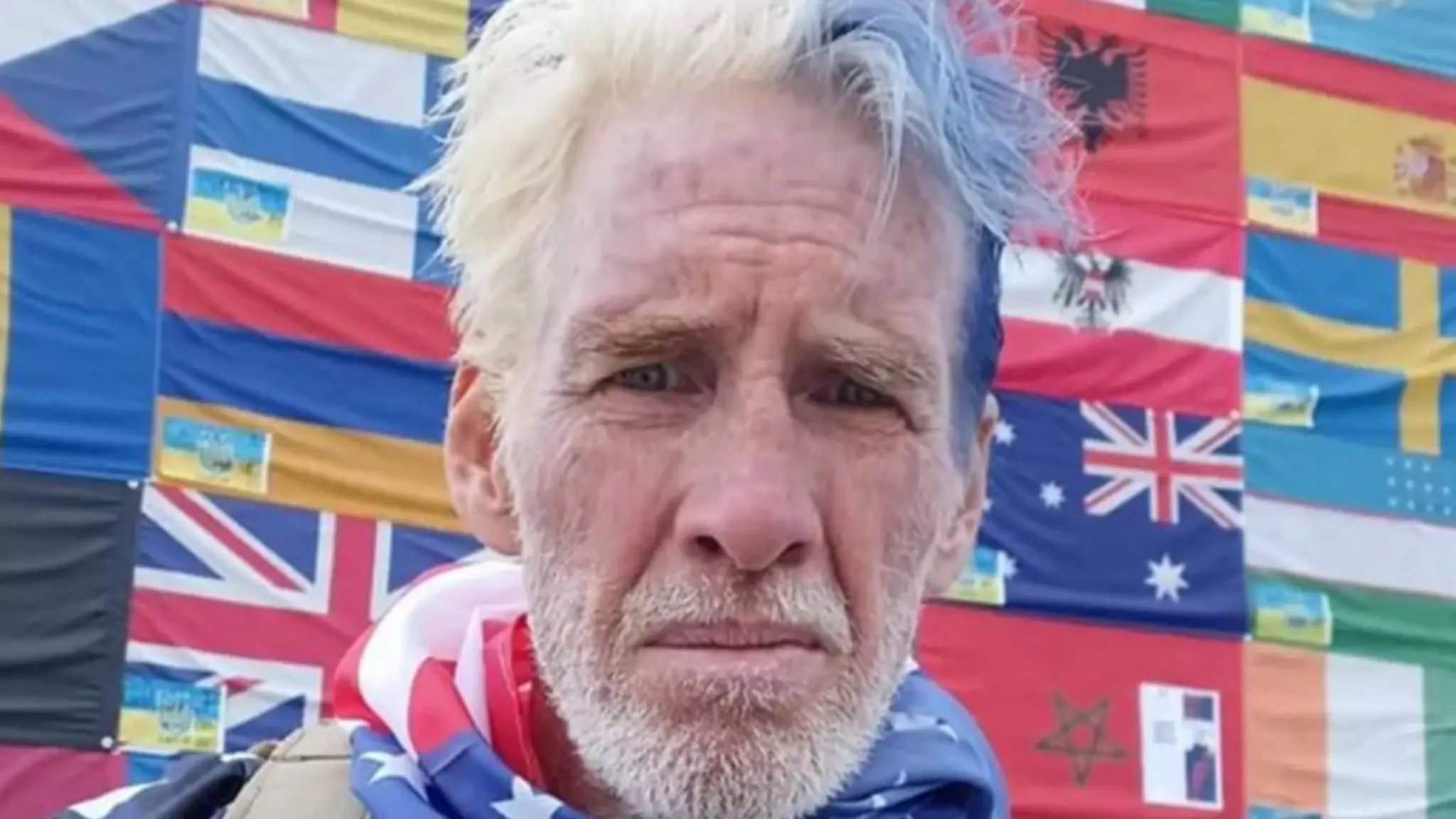The dissonance between familial bonds and societal beliefs often manifests in surprising and alarming ways, especially within the turbulent landscape of contemporary politics. In a shocking turn of events, Oran Routh discovered that his father, Ryan Wesley Routh, stands accused of attempting to assassinate Donald Trump, a revelation that left him reeling. According to Oran, his father’s animosity toward the former president is in line with many other frustrated citizens. While Oran admits to sharing similar feelings, he is bewildered by the violent actions attributed to his father, a man he perceives as inherently non-violent. This intersection of personal turmoil and broader societal conflict paints a complex picture of political radicalization.
On the surface, Ryan Routh’s legal history raises eyebrows, suggesting a narrative of volatility beneath an otherwise mundane life. Reports indicate that previously, Routh had minimal encounters with law enforcement, limited primarily to “minor” infractions like traffic violations. However, an incident from 2002 reveals a more troubling undercurrent; Routh was involved in a three-hour standoff with police after barricading himself in a business thanks to charges that included carrying a concealed weapon and possessing a machine gun categorized as a weapon of mass destruction. This background raises questions about the roots of his political anger and whether it has been brewed over years, leading him to the precarious brink of violence.
Ryan Routh’s political affiliations paint an intriguing picture as well. Notably, he appears to vacillate between fierce support of progressive ideals—evidenced by his support for Ukraine in its conflict with Russia—and ties to conservative figures such as Nikki Haley and Vivek Ramaswamy. Such contradictions may suggest a deeper internal conflict fostered by the current polarized climate. The assertion that Routh felt compelled to assist Ukraine serves as a striking example of how individuals may draw sharp lines in moral contexts, viewing matters of international conflict through an absolute lens. In his own words, the conflict was “about good versus evil,” illustrating the black-and-white mentality that can lead individuals toward extreme measures.
Analyzing Routh’s social media activity reveals further insight into his radicalization. Prior criticisms of Trump through now-suspended accounts illustrate a persistent discontent that, when left unaddressed, can fester into something more dangerous. The eerie prediction that he would be “glad when you [Trump] are gone” raises alarms—how did such a sentiment evolve into action that involves deadly intentions? Such rhetoric is a reminder of the powerful influence social media can have on cultivating extremist views, reinforcing the narrative that animosity can metamorphose into dangerous zealotry.
Conclusion: A Call for Understanding and Awareness
Ryan Wesley Routh’s case serves as a critical reminder of the thin line between political discontent and violent extremism. While familial ties remain strings of reassurance, the larger societal landscape can warp individual perceptions, pushing seemingly ordinary people toward extraordinary, often horrifying actions. Understanding this evolution is vital as we navigate a world rife with division, highlighting the importance of creating compassionate avenues for discourse rather than allowing grievances to fester unchallenged. The reality of today’s political climate demands our attention, caution, and above all, a commitment to recognizing and addressing the warning signs before they manifest into acts of violence.


Leave a Reply